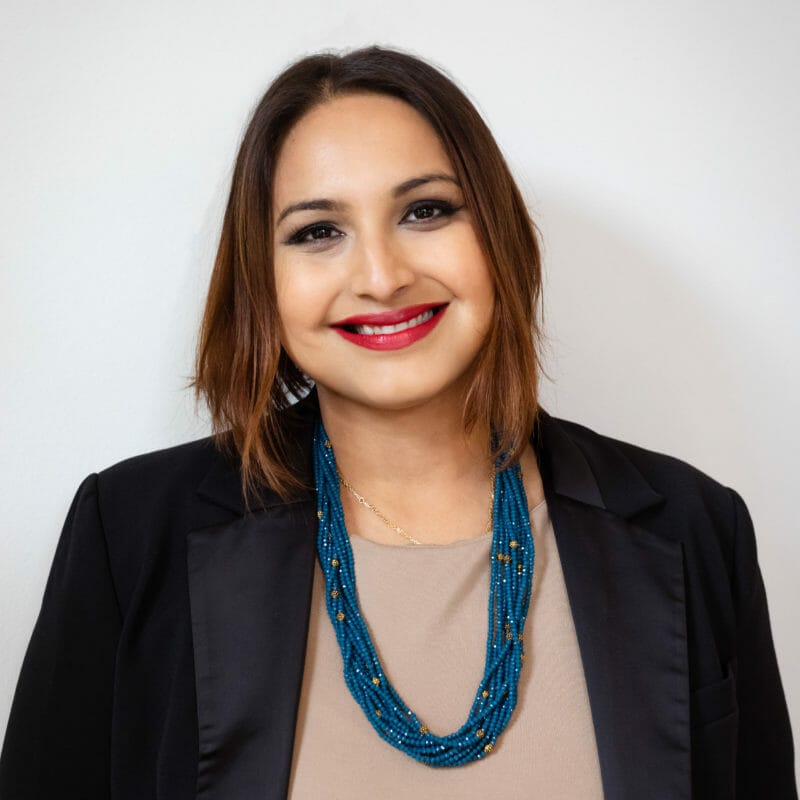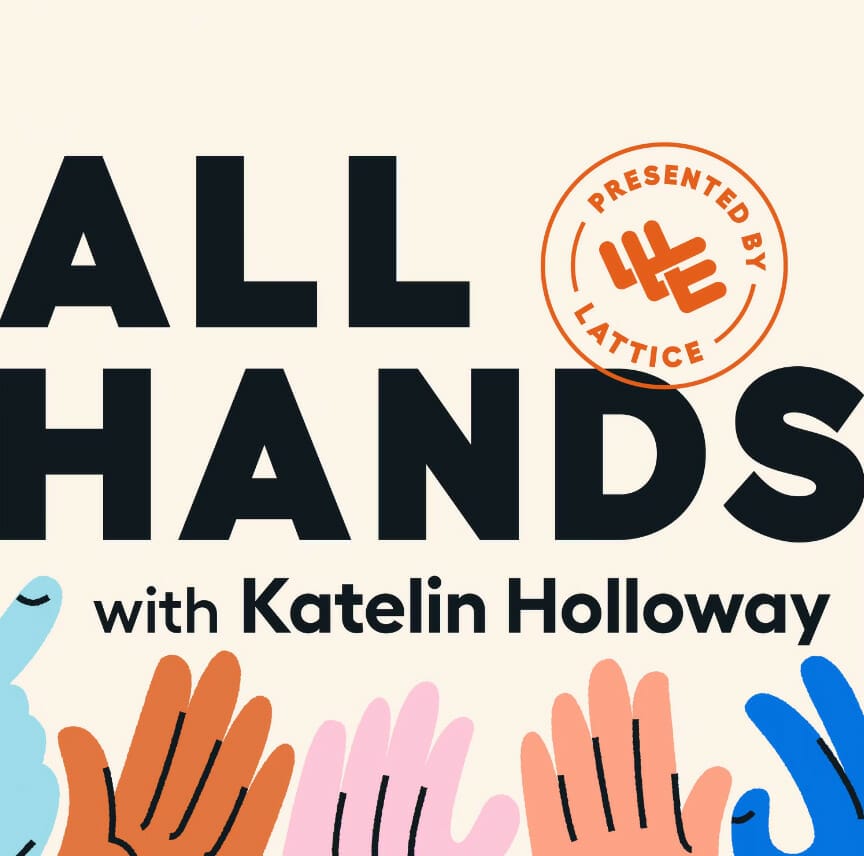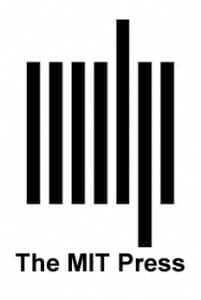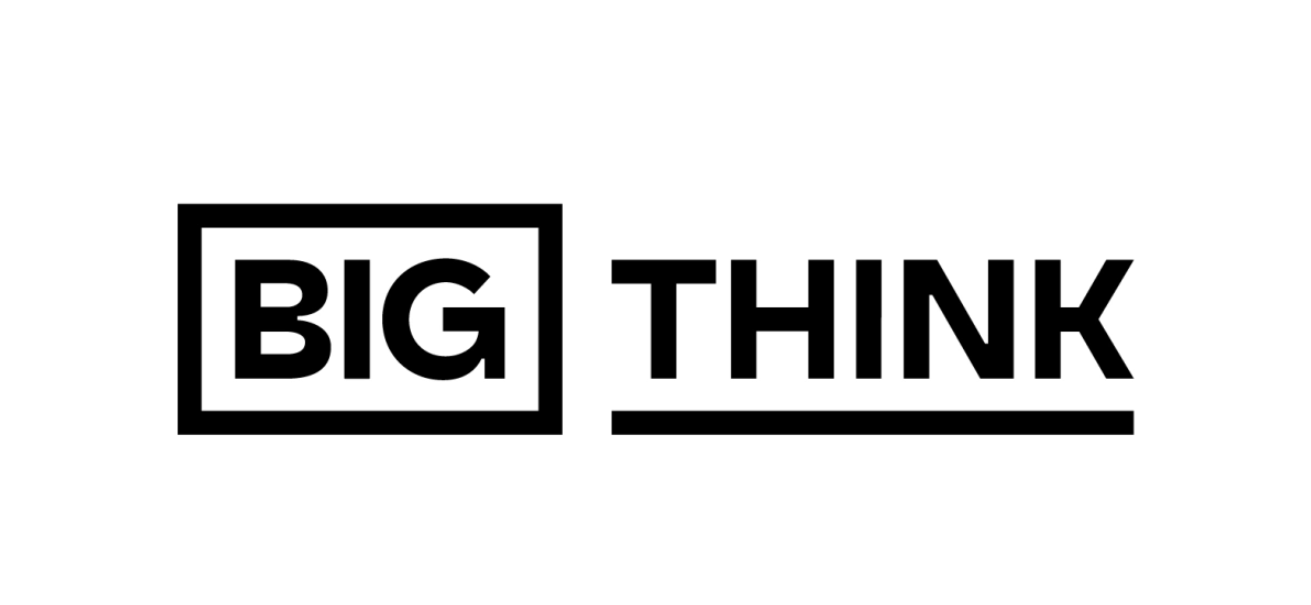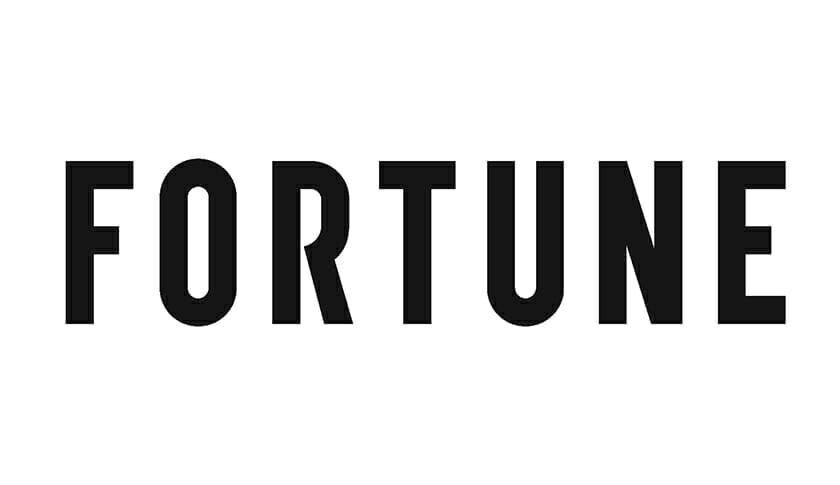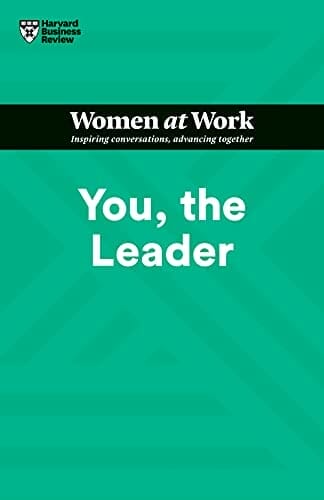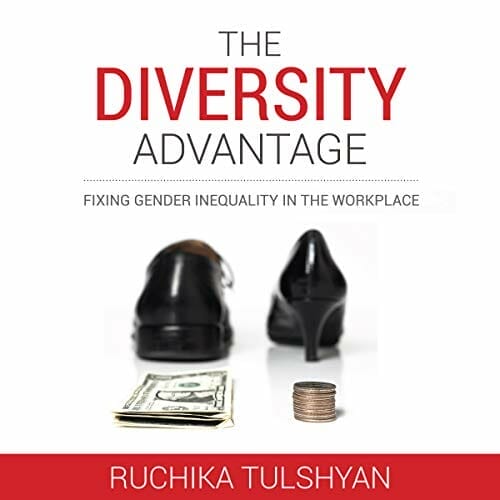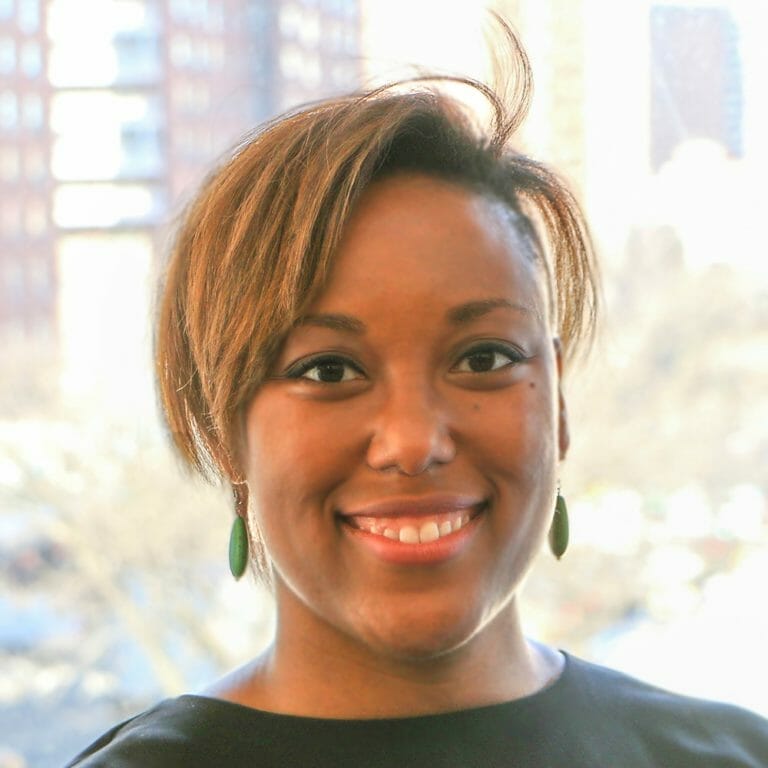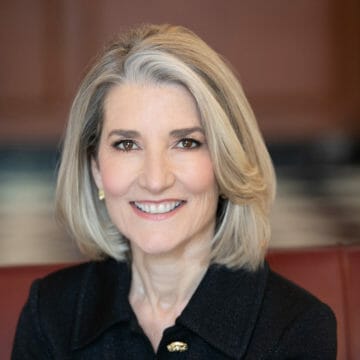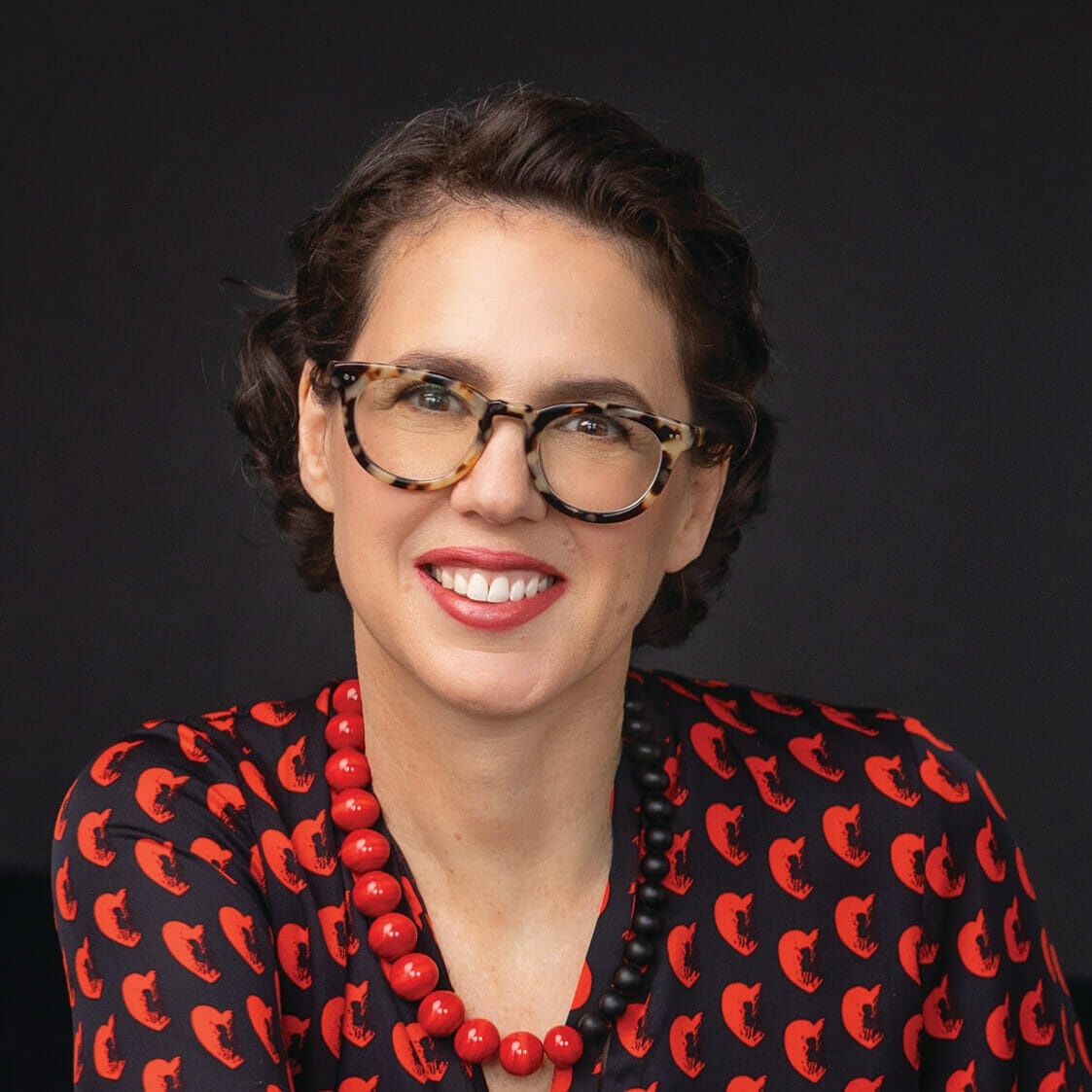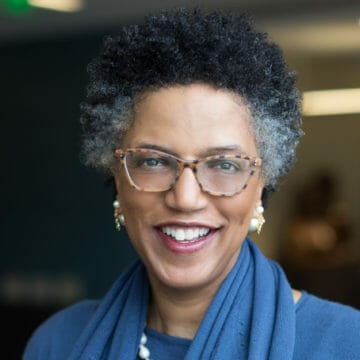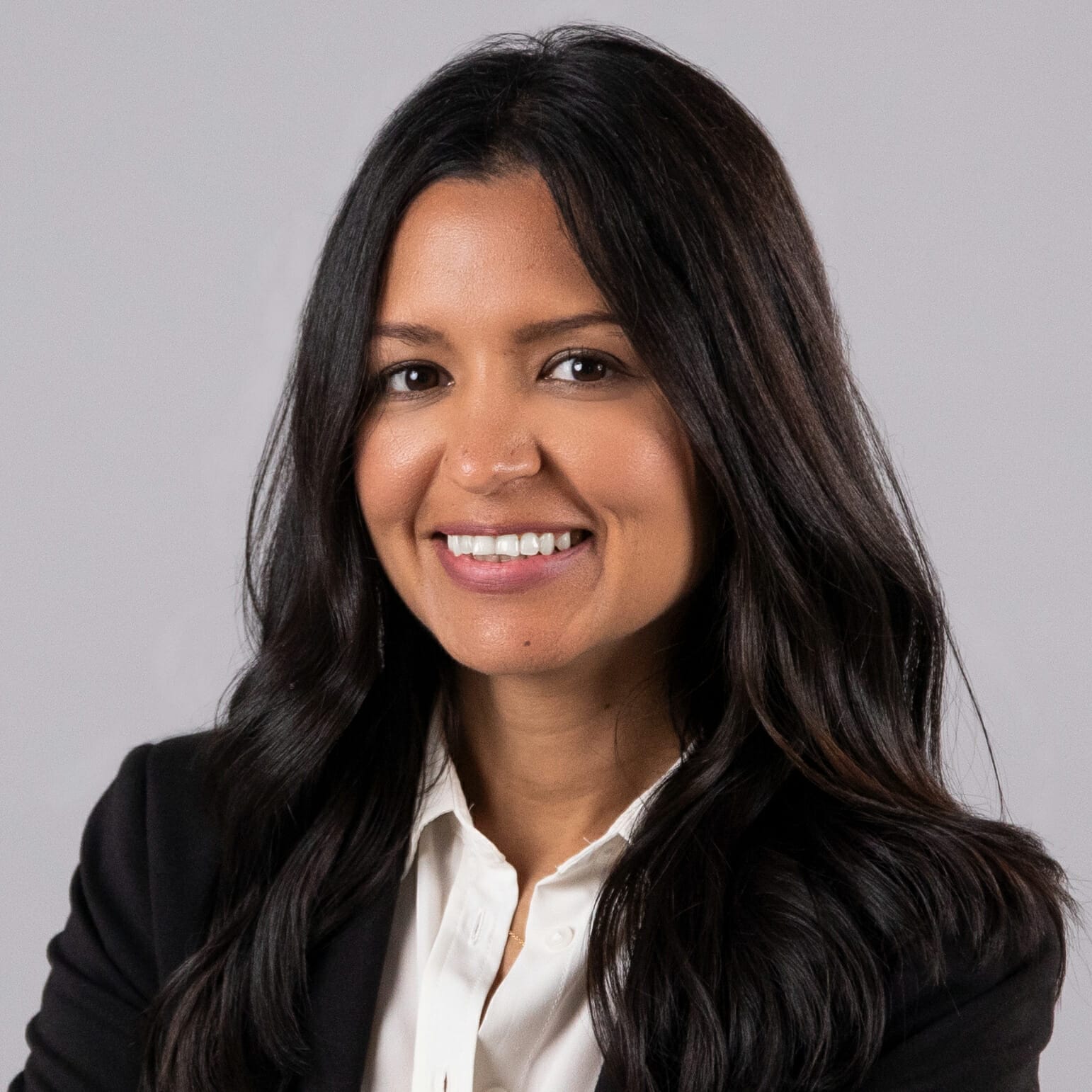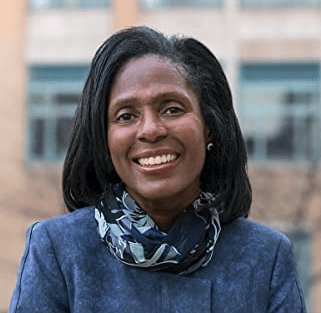Videos
Learn More About Ruchika T. Malhotra
What does it take to be an innovative and successful leader today?
As organizations navigate sustained workforce disruption, they may find their well-intentioned efforts at creating a culture of belonging aren’t generating the cohesive environment they envisioned. As workplace culture increasingly becomes a deciding factor for talented jobseekers, the savvy executive will move away from metrics-based goals that don’t drive change to robust and innovative approaches that make meaningful progress for all. According to award-winning strategist and business journalist Ruchika T. Malhotra (Roo-CHEEK-ah Mahl-HO-truh), inclusion is the most important leadership trait today. It’s not inborn, but the good news is – it can be learned.
As the CEO and founder of Candour, a global inclusion strategy firm, Malhotra is answering the tough questions leaders have about the inclusion best practices for generating innovation, growth, better teamwork and trust. As she writes in the bestselling, award-winning “Inclusion on Purpose” (MIT Press, March 2022), a culture of belonging doesn’t just happen; we have to work at it. Informed by cutting-edge leadership research, a passion for storytelling, and her own experiences as a global citizen who has lived in four countries, she focuses directly on the lived workplace experience of women of color as the lens through which inclusion and belonging should be approached.
“Without inclusion at the forefront of a leader’s agenda, I don’t believe a leader can be effective. Leaders must develop curiosity, empathy and diversity of thought to take their leadership skills to the next level,” explains Malhotra, whose next book, “Uncompete: Rejecting Competition to Unlock Success” (Penguin/Viking, November 2025) questions societal definitions of success and urges a shift from competitive mindsets to more collaborative and fulfilling approaches in life and work. “By creating an environment that fosters a variety of leadership styles and in which diverse racial, ethnic, and gender identities are seen as just as professional as the current model, everyone, but especially women of color, can achieve their full potential.”
Myth-Busting “Imposter Syndrome” for Women at Work
As Malhotra points out in her paradigm-shifting article, “Stop Telling Women They Have Imposter Syndrome,” which was named among 20 most impactful HBR articles of all time, biased practices and outdated standards of professionalism across institutions routinely stymie the ability of individuals from underrepresented groups to truly thrive. Her first book, “The Diversity Advantage: Fixing Gender Inequality In The Workplace” (2016), proposes that gender imbalance is a systemic problem in workplaces that’s often put on women to resolve themselves. Her insights and case studies from global leaders on attracting, retaining and promoting women makes inclusion a priority for everyone in an organization. In her easily implemented, clear and actionable frameworks, she puts empathy at the forefront, asking leaders to think about how marginalized individuals must consider the way their identities impact how they are perceived, and provides a path to motivating, influencing and advancing these individuals to excellence.
To create that future, Malhotra proposes, “We have to build our inclusion mindset to the point it is so strong in ourselves that we become acutely aware when we observe or even perpetuate biased behavior. Only by identifying and naming it can we begin to change it.” She further invites leaders to consider their privilege when interacting with others, while inviting feedback and avoiding defensive responses in order to model a growth mindset for their entire organization. To that end, over 200,000 learners have already received a taste of this essential knowledge in her first LinkedIn Learning course.
Malhotra again asks leaders to consider their privilege when interacting with others on her second appearance on thought leader Brené Brown’s Dare to Lead podcast. Called “transformative” by Brown, Malhotra suggests leaders invite feedback and avoid defensive responses to model a growth mindset for their entire organization. Emphasizing that psychological safety is a key element of the most innovative institutions, she shows leaders how to purposefully create an environment for everyone, not just those in the dominant groups of power and privilege.
“The very nature of innovation requires employees to suggest half-formed ideas, take risks or propose solutions that may not have data to inform them,” she explains. “And that can happen only in an environment in which all employees, regardless of identity, feel secure and safe.”
By recognizing that many inclusion and belonging programs start with good advice and then often fail to deliver, Malhotra’s frameworks introduce leaders to the transition from intention to impact. Encouraging leaders to understand that this goal is within reach, Malhotra offers a system that makes everyone in a community a stakeholder with an equal opportunity to succeed.
Ruchika T. Malhotra is an award-winning inclusion strategist and CEO and founder of Candour, a global inclusion strategy firm.
Malhotra is a keynote speaker and former business journalist who has addressed audiences at NASA’s Jet Propulsion Laboratory, Pixar, Google, Microsoft, Amazon, Bill & Melinda Gates Foundation, U.S. Congress and more. She writes regularly for The New York Times and Harvard Business Review (HBR) on workplace inclusion and equity. Her first book, “The Diversity Advantage: Fixing Gender Inequality In The Workplace” (2016), offers insight and case studies from global leaders on why attracting, retaining and promoting women should be a priority for everyone in an organization. Her second book, “Inclusion on Purpose” (MIT Press), was published in 2022.
Malhotra co-wrote a paradigm-shifting article, “Stop Telling Women They Have Imposter Syndrome,” for HBR, with Jodi-Ann Burey. The article has more than a million views, has been translated into multiple languages, and is one of HBR.org’s top 100 most read articles in history, as well as the top three articles for the publication in 2021.
Malhotra was named a 2022 LinkedIn Top Voice for Gender Equity to Follow, and was on the 2019 Thinkers50 Radar list.
Malhotra has previously been adjunct faculty in Communications at University of Washington and Seattle University. She holds degrees from London School of Economics and Columbia University and is an alumnus of the Young American Leaders Program at Harvard Business School. She also serves on the Seattle Women’s Commission and on the founding editorial team of women-run-and-funded media website, The Establishment.
Ruchika T. Malhotra is available to advise your organization via virtual and in-person consulting meetings, interactive workshops and customized keynotes through the exclusive representation of Stern Speakers & Advisors, a division of Stern Strategy Group®.
Photo credit: Josiane Faubert
How to “Uncompete”: Embrace Collaboration to Create a Culture of Innovation, Inclusion and Trust
Conventional wisdom tells us that competition breeds innovation. But what if encouraging a highly competitive atmosphere is doing the opposite and stifling growth instead? Research shows that collaborating can result in much more success than competition and has in fact brought about some of history’s biggest breakthroughs. Through this talk from award-winning culture expert Ruchika T. Malhotra, leaders will be able to reflect on their perceptions of scarcity and competition to understand how the winner-takes-all environment of constantly pitting people against one another stalls innovation and quickly leads to burnout. It creates divisions and rivalry that blocks a culture of psychological safety and inclusion. With research-backed evidence illustrating that humans are wired to succeed by working together, Malhotra shares tactical steps to “uncompete” through choice, action and resistance. We can and must shift away from a zero-sum mindset to succeed as individuals, teams, organizations and societies.
Competition Holds Women Back: When We "Uncompete," We Win
Conventional workplace wisdom tells women that competition is the only way to succeed at work. But what if a highly competitive atmosphere is doing the opposite and holding us back? Research shows that collaborating – not competition – can help us achieve incredible career success and innovation. When leaders reject competition and choose to uncompete, it’s a win-win for all. Through this talk from award-winning inclusion and workplace culture expert Ruchika T. Malhotra, women leaders will be able to reflect on their perceptions of scarcity and competition to understand how our winner-takes-all environment of constantly pitting people against one another stalls innovation and quickly leads to burnout. It creates divisions and rivalry that blocks a culture of psychological safety and inclusion. Instead, we must choose actively, intentionally and constantly to uncompete – a brand new way to win at work and life. With research-backed evidence illustrating that humans are wired to succeed by working together, Malhotra will share tactical steps to uncompete through choice, action and resistance. We can and must shift away from a zero-sum mindset to succeed as individuals, teams, organizations and societies.
The Great Re-Imagination – How to Be a Successful 21st Century Leader
The 21st century is primarily characterized by constant disruption. As leaders develop proactive strategies to answer seismic technological and cultural advancements, they find themselves asking how they can remain at the forefront of today’s developments. According to Ruchika T. Malhotra, award-winning strategist and bestselling author of the award-winning “Inclusion on Purpose” (2022), inclusion is the answer. “Without inclusion at the forefront of a leader’s agenda, I don’t believe a leader can be effective,” she explains. “Leaders must develop curiosity, empathy and diversity to take their leadership skills to the next level.” Encouraging leaders with a voice of optimism, she reframes today’s “Great Resignation” to a “Great Reimagination,” an opportunity for organizations to demonstrate their willingness to build a future with a wider variety of people and perspectives. Her frameworks deliver clear guidance on how to navigate tough conversations, listen with intent, build empathy and more, giving today’s leaders the practical tools they need to become the visionary executive of tomorrow.
From Intention to Impact: Inclusive Leadership for Immediate Change
The why of inclusive leadership is often easily understood: it results in greater collaboration, creativity and innovation. What’s not often so easy is the how of inclusion, and what it looks like when you get there. As the award-winning author of bestseller “Inclusion on Purpose” (2022), Ruchika T. Malhotra has the frameworks to help leaders deliver the “how” on inclusion within their organizations. And as the founder and CEO of Candour, which works with organizations to create diverse teams and inclusive cultures, Malhotra advises leaders to follow her revolutionary BRIDGE framework to cultivate an “inclusion mindset” in addition to their growth mindset. In her honest talks, she recommends clear steps for leaders such as expecting and accepting that you will be uncomfortable, hiring for “culture add” instead of “culture fit,” and accepting that change takes time, which makes it easier for organizations to implement inclusion principles right away. As Malhotra’s frameworks demonstrate, through awareness, intention and regular inclusion practices, leaders can deliver profitability, productivity and a better world for us all.
Rethinking Imposter Syndrome: A Clear Path to Women’s Inclusion at Work
The pandemic has made a dramatic impact on women’s participation in the workplace. How can leaders create an environment that welcomes and supports their women, and other employees from historically underrepresented identities at work, as they seek to regain their professional footing? Ruchika T. Malhotra, award-winning inclusion strategist and a 2022 LinkedIn Top Voice for Gender Equity to Follow, says the answer lies in fixing the places where women work instead of fixing women at work. As the co-author of the groundbreaking article, “Stop Telling Women They Have Imposter Syndrome,” and its sequel, “End Imposter Syndrome in Your Workplace,” Malhotra draws on her experience and research to deliver clear and actionable frameworks to leaders interested in retaining top talent in their organizations.
Culture: The #1 Differentiator for Attracting and Retaining Top Talent
Workplace culture has been identified as one of the driving factors behind today’s Great Resignation. As more employees design their lives to best suit them and choose workplaces accordingly, they seek to devote their efforts to companies that have a culture of belonging. The secret to building inclusive culture, according to Ruchika T. Malhotra, bestselling author of the award-winning “Inclusion on Purpose: An Intersectional Approach to Creating a Culture of Belonging at Work” (2022), is understanding the intersection of race and gender and how it impacts people in the workplace. Her refreshing frameworks for developing inclusive workplace culture offer recommendations for small interventions, such as suggesting language shifts when hiring or structured feedback sessions that deliver an outsized impact to employees who feel unseen. In this presentation, she offers a breath of fresh air for anyone looking to escape tired, ineffective programs and move to a fully inclusive system with diversity built in. “Leaders have to continue to focus on culture because employees have a choice now,” Malhotra emphasizes. “People aren’t going to stand for working in an environment where the culture isn’t right for them, and it’s up to us to create the environment of tomorrow, today.”
Inclusion Best Practices: Actions You Can Take Today That Benefit All
Few would disagree that inclusion is both the right thing to do and good for business. Then why are we so terrible at it? If we believe in the morality and the profitability of including people of diverse and underestimated backgrounds in the workplace, why don’t we do it? Because, explains Ruchika T. Malhotra, award-winning inclusion strategist and bestselling author of the award-winning “Inclusion on Purpose: An Intersectional Approach to Creating a Culture of Belonging at Work,” we don’t realize that inclusion takes awareness, intention, and regular practice. Inclusion doesn’t just happen; we have to work at it. In this talk, Malhotra presents inclusion best practices, showing how leaders and organizations can meaningfully promote inclusion and diversity. She centers the workplace experience of women of color, who are subject to both gender and racial bias, an intersection of gender and race, that can show us how to create inclusive workplaces that benefit all.
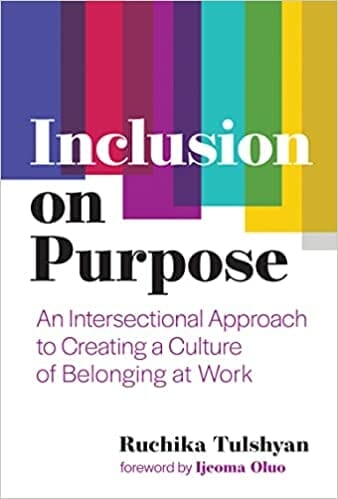
Inclusion on Purpose: An Intersectional Approach to Creating a Culture of Belonging at Work
(The MIT Press, March 2022)
How can leaders build a more inclusive organization where diversity, equity and inclusion best practices aren’t relegated to your HR team? Ruchika T. Malhotra, the award-winning inclusion strategist and bestselling author of “Inclusion on Purpose: An Intersectional Approach to Creating a Culture of Belonging at Work” (2022), offers leaders and executives the frameworks and tools to identify organizational privilege where it currently exists, reduce internalized biases, and deliver a fully inclusive culture for all. Described as “intensely interactive,” Malhotra’s workshops deliver customizable pathways to more inclusive and collaborative workplace environments steeped in psychological safety. As founder and CEO of Candour, which works with organizations to create diverse teams and inclusive cultures, she specializes in bringing forward organizational interventions that transition toothless but well-intentioned diversity programs to accountability-driven systems that make a big impact.
Customizable workshops can be developed around the following topics:
- Inclusion on Purpose: Creating a Workplace of Belonging
- Inclusion Best Practices: Actions That Benefit All
- Stop Imposter Syndrome At Work: And Create An Inclusive Culture Instead
- Inclusion on Purpose: Mindfulness and Belonging in the Workplace
- How to Foster and Leverage the Talent of Diverse Teams
- How to Create a Culture of Belonging
- How to Create Inclusive Hiring Practices
- How to Become an Inclusive Tech Leader
- Redefining Leadership to Be Inclusive To All
- Inclusion Best Practices For Global Organizations
- A Blueprint for Creating Ethical, Inclusive, Technology Products
Reviews for “Inclusion on Purpose”
“By centering women of color, workplaces can begin to tangibly accomplish meaningful inclusion for all. Luckily for us, Tulshyan has written this guidebook to help us get started.”
“As a woman of color and an executive, I know firsthand how important it is for companies to create opportunities for women of color to lead. ‘Inclusion on Purpose’ shows how to build an inclusive workplace and culture through storytelling and practical frameworks. Whether you are a manager or you want to become one, this book is essential reading!”
“Inclusion, diversity, and representation in the workplace have been hotly discussed topics over the past two years, which, to start, is long overdue. That said, it isn’t enough just to talk about these issues—they require active and persistent work to make any kind of lasting, positive change. Ruchika Tulshyan, CEO of consulting firm Candour, debunks a number of recent workplace self-help theories (like “leaning in” or establishing a “level playing field” or hiring someone because they fit within the preexisting office culture), while offering a guide to dismantling workplace bias, with a focus on the experience of women of color, who are subject to both gender and racial biases.”
“By reading Tulshyan’s book, leaders will recognize the importance of seeing others for who they are and will begin to appreciate what they experience. Her hope is that they will be persuaded to stop implementing DEI policies that imagine each stakeholder as a potential ‘I.’ Rather, they will begin to see each member of the organization according to their own unique identity. Organizations will be better for it.”
“In ‘Inclusion on Purpose,’ the DEI consultant Ruchika Tulshyan notes that real progress requires not just empathy but proactive, ongoing effort. She offers six strategies for turning empathy into action—be uncomfortable, reflect on what you don’t know, invite feedback, limit defensiveness, grow from your mistakes, and expect change to take time—and encourages readers to examine how policies or assumptions that seem “normal” can cause unintended harm. For example, she describes a workplace where social events always included alcohol, thus excluding employees whose religion, culture, or health kept them from drinking. Tulshyan recommends acknowledging such mistakes, identifying the biases that may have driven them, and working to do better.”
“Tulshyan explores how leaders and organizations can meaningfully foster diversity, equity and inclusion by taking action to address and prevent workplace bias, while centering on the workplace experience of women of color, who are subject to both gender and racial bias.”
“With this important book, Tulshyan shows us how we can make progress toward inclusion and diversity—and we must start now.”
